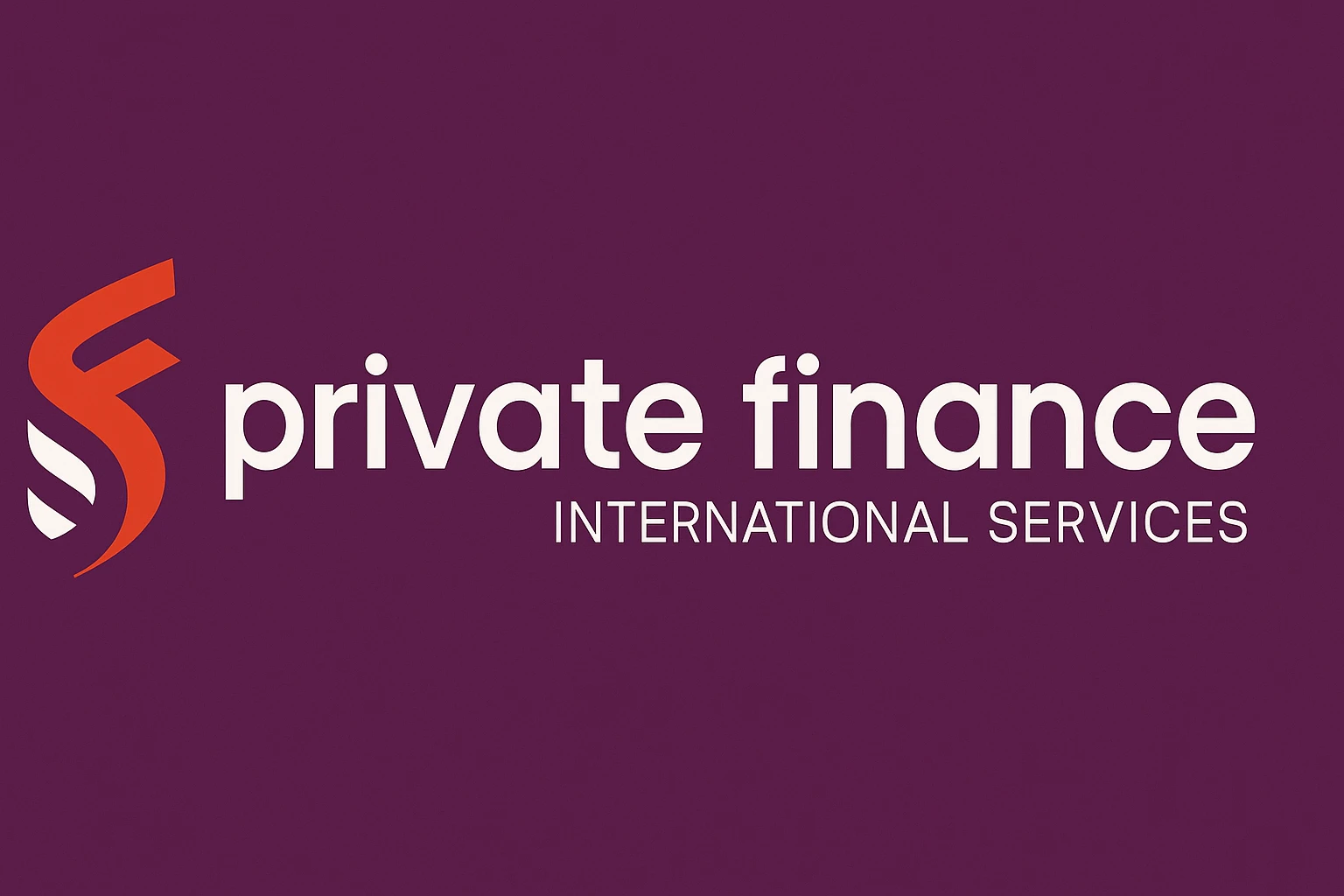Obtaining a Switzerland crypto license can be done through two options: registration with a Self-Regulatory Organization (SRO) or direct authorization from FINMA. This dual system allows companies to adapt licensing to their business model while ensuring full compliance with AML/KYC standards. Thanks to this flexibility, Switzerland remains one of the most respected jurisdictions for crypto businesses worldwide.
What activities are covered
SRO membership in Switzerland allows exchanges (spot, OTC, P2P), brokerage, trading, and limited custody, while a FINMA license is required for security token trading, investment schemes, and banking-level custody. Defining activities early helps companies choose the optimal path without unnecessary regulatory burdens.
Why Switzerland attracts crypto businesses
Switzerland is attractive because it combines flexibility, reputation, and financial infrastructure. Companies benefit from clear regulation, crypto-friendly cantons such as Zug and Zurich, and global trust from investors and banks. Key factors include competitive taxes (11–15% in some cantons), exemption from capital gains tax on crypto trading, and the ability for 100% foreign ownership.
This set of advantages makes Switzerland a premium choice for both startups and established financial institutions.
How Switzerland compares globally
Switzerland strikes a balance between credibility and accessibility: the EU’s MiCA offers passporting with heavy compliance, the UK and Singapore add high costs, the USA is fragmented and expensive, while offshore hubs like BVI or Seychelles are cheap but weak in reputation and banking. Against this background, Switzerland provides a stable, trusted, and business-friendly alternative for international companies.
Key requirements for licensing
To qualify for a license, companies must meet a set of core conditions. These include registering a Swiss legal entity (AG or GmbH), maintaining an office in Switzerland, and appointing at least one Swiss-resident director.
Minimum capital starts from CHF 20,000 for an SRO license and from CHF 1,000,000 for FINMA approval. In addition, applicants must prepare AML/KYC policies, internal controls, and a detailed business plan.
Meeting these requirements is essential for smooth approval and long-term compliance with Swiss regulations.
Taxation of crypto companies
The Swiss tax framework is transparent and competitive. Corporate tax ranges between 11–19% depending on the canton, with Zug and Lucerne among the most attractive.
Profits from crypto trading are generally exempt from capital gains tax, while VAT at 8.1% usually does not apply to exchange services. Withholding tax of 35% on dividends can be reduced through international treaties.
Such conditions provide a reliable fiscal base and strengthen the country’s reputation as a global financial hub.

Prifinance: Your partner in Swiss licensing
Prifinance supports clients through the entire process of obtaining a Swiss crypto license, from company registration to compliance documentation and regulator communication. Our team ensures a smooth launch and secure presence in one of the most respected jurisdictions for digital assets. More details: https://prifinance.com/











